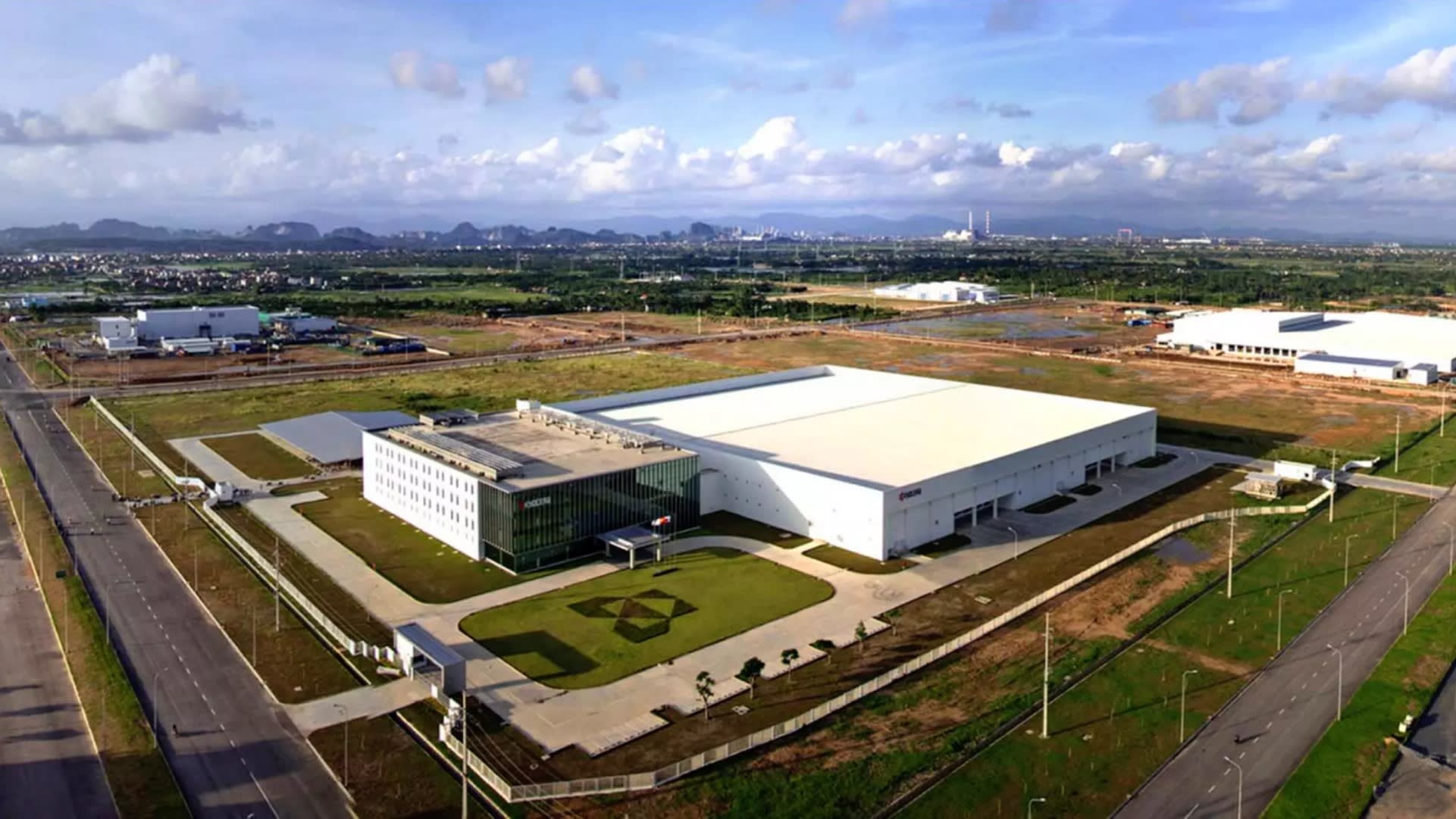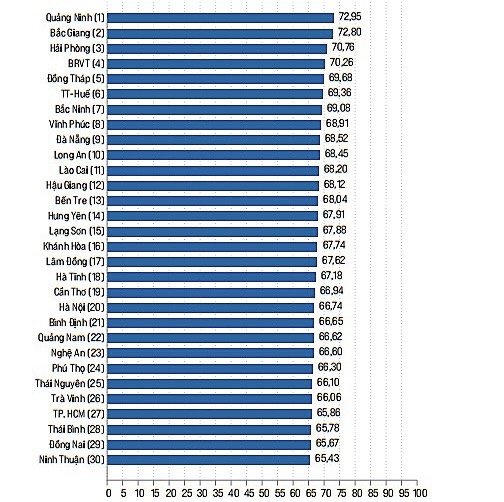TOKYO — Having prepared for the prospect of additional U.S. tariffs on Chinese goods, Japanese corporations with factories in China are expected to move faster in shifting production out of the country now that Washington has decided to escalate the trade war.
The U.S. announced Thursday that a 10% duty on roughly $300 billion in Chinese goods will take effect on Sept. 1. President Donald Trump said the duty can be increased in stages and that tariffs “can be lifted to well beyond 25%.”
This fourth round of tariffs would cover a broad range of products, including smartphones, game systems and clothing.
Nintendo, which currently assembles most of its Switch game systems in China, has begun moving production to Vietnam and intends to boost its output further in the Southeast Asian nation.
Sony‘s production of its PlayStation 4 game console, cameras and other products could be affected by the tariffs. The company has already been studying steps such as relocating production and hiking prices, so it will likely make decisions depending on the situation. At its earnings briefing at the end of last month, Senior Vice President Naomi Matsuoka said that she hopes to keep the operating profit impact of the fourth round of tariffs at less than 10 billion yen ($94 million) this fiscal year.
Sharp subsidiary Dynabook builds all of its notebook computers in China, but Sharp said it will consider moving production to its own facilities in Vietnam or to plants of Taiwanese parent Hon Hai Precision Industry — commonly known as Foxconn — if the fourth round of tariffs is implemented.
Kyocera assembles copiers and multifunction printers for the U.S. market in China, and Europe-bound products in Vietnam.
“We will switch production between Chinese and Vietnamese facilities,” Kyocera President Hideo Tanimoto told reporters on Friday, after the U.S. announced the fourth round of tariffs, which cover copiers and multifunction printers. The move is expected to cost up to several billion yen.
Ricoh moved production of U.S.-bound multifunction printers to Thailand from China at the end of last month, and is looking at building those products for the Japanese and European markets in China instead of Thailand.
Asics‘ shoes will be subject to the latest tariffs. “The impact of the tariffs will be negligible,” said President Yasuhito Hirota. “But I am concerned about slowdowns in the U.S. and Chinese economies.”
The U.S.-China trade frictions have crimped corporations’ appetite to invest. Panasonic‘s sales of motors, sensors and other devices used in production equipment have declined as clients hold off on capital investment. The company believes that investment may cool further due to the fourth round of tariffs.


